Search Results
Showing results 1 to 20 of 31
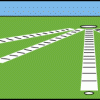
The Size and Distance of the Planets
Source Institutions
In this activity, learners investigate the concepts of relative size and distance by creating a basic model of the solar system.

The Thousand-Yard Model
Source Institutions
This is a classic exercise for visualizing the scale of the Solar System.

Measuring Wind Speed
Source Institutions
In this indoor and/or outdoor activity, learners make an anemometer (an instrument to measure wind speed) out of a protractor, a ping pong ball and a length of thread or fishing line.
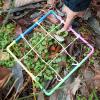
Counting With Quadrants
Source Institutions
Millions of organisms can live in and around a body of water.
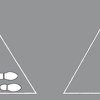
Walking Polygons
Source Institutions
In this activity, learners walk the sides and interior angles of various polygons drawn on the playground. As they do so, learners practice rotating clockwise 180° and 360°.
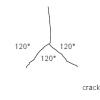
Playground Patterns of Cracks
Source Institutions
In this math activity, learners observe and sketch cracking patterns in pavement.
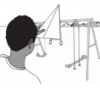
Angle Hunting
Source Institutions
In this activity, learners use a hand-made protractor to measure angles they find in playground equipment.
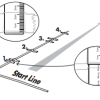
Stride Ruler
Source Institutions
In this activity, learners use their feet to estimate distances. Learners calculate the distance of one step in centimeters by measuring 10 steps at a time to reduce measurement error.

Weather and Climate: What's the Difference?
Source Institutions
This lesson plan enables learners to explore the differences between weather and climate.
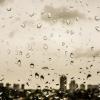
It's the "Rain," Man
Source Institutions
In this weather forecasting activity, learners use common materials to construct a rain gauge and measure daily, monthly, and yearly rainfall.
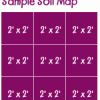
Creating a Soil Map
Source Institutions
In this activity, learners investigate soil conditions by creating a soil map. Learners record soil characteristics and compare the conditions of soil in different grid sections.
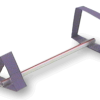
Straws and Airplanes
Source Institutions
Create airplanes from straws and geometric shapes. Test them out to see how far they can fly, or how accurately they can be aimed.
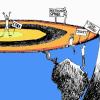
Earth Walk
Source Institutions
In this hands-on and feet-on excursion, learners take a science walk to visualize the planet's immense size and numerous structures, without the usual scale and ratio dimensions found in most textbook
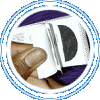
Moon Watch Flip Book!
Source Institutions
In this activity, learners observe the moon each night for a month and draw their observations in a Moon Watch Log.

The Blindfolded Walk
Source Institutions
In this activity, learners work in teams to study the observation skills essential to scientific research.

Tiny Pants Photo Challenge
Source Institutions
In this activity, learners use a simple trick of perspective to dress friends in tiny cutout clothing. Learners make tiny pants out of card stock and tape them to the end of a stick.

Trash Traits
Source Institutions
In this activity on page 24, learners perform experiments to examine whether or not trash can float, blow around, or wash away.
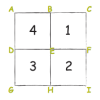
Solving Playground Network Problems
Source Institutions
In this activity, learners use cooperation and logical thinking to find solutions to network problems on the playground.
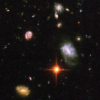
Telescopes as Time Machines
Source Institutions
This fun, nighttime hands-on astronomy activity lets learners explore how long it takes for light from different objects in the universe to reach Earth.
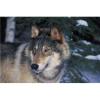
Wolf Limiting Factors
Source Institutions
In this activity, learners simulate a wolf and its habitat and observe what happens when the limiting factors change over time.
